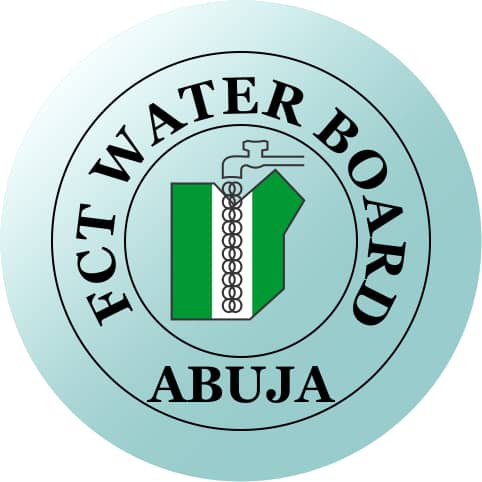The FCT Water Board has announced an increase in its water bill with immediate effect.
In a statement, the General Manager of the board said, ‘’Following due consultations with relevant stakeholders, the management of the FCT Water Board announces an increase in its tariff for end-users.’’
Presidential race: Controversy trails attack on Atiku’s convoy in Maiduguri
Plateau community decries incessant kidnappings
According to the statement, there would be an increase for domestic end-users from N80 to N110/m°, while commercial end-users will now pay N300/m° instead of the old rate of N150/m°.
The statement reads in part: “The change is informed by the current global skyrocketing prices of water treatment chemicals and reagents. The tariff is, however, still substantially subsidised by the government as water is an essential service.
“Customers are by this notice informed of the new water rates to enable them to enjoy excellent service delivery by the board.”
But a cross section of residents who spoke with City & Crime yesterday described the increase as insensitive to the current economic challenges facing households, especially in the nation’s capital.
A resident in Kubwa, John, said although the reason put forward by the board was genuine, the timing was wrong as the economy was biting harder on residents.
Another resident in Dutse, Ismail A. pleaded with the board to reduce the increment in the interest of poor households, some of who he said could not even pay the old price as at when due.
He said instead of the board working towards extending water coverage to accommodate more areas and get more money, they were now charging consumers in their limited coverage areas in order to meet their obligations.
A public analyst, Taiwo Olajide, said although the tariff being charged by the FCT Water Board was one of the lowest in the country, increasing the tariff at the moment would be insensitive to the plight of the residents.
He, therefore, pleaded with the FCT Administration through the board, to continue to subsidise the product to enable people to have access to water, especially as the FCTA was targeting 2025 to end open defecation in the territory.

 Join Daily Trust WhatsApp Community For Quick Access To News and Happenings Around You.
Join Daily Trust WhatsApp Community For Quick Access To News and Happenings Around You.
